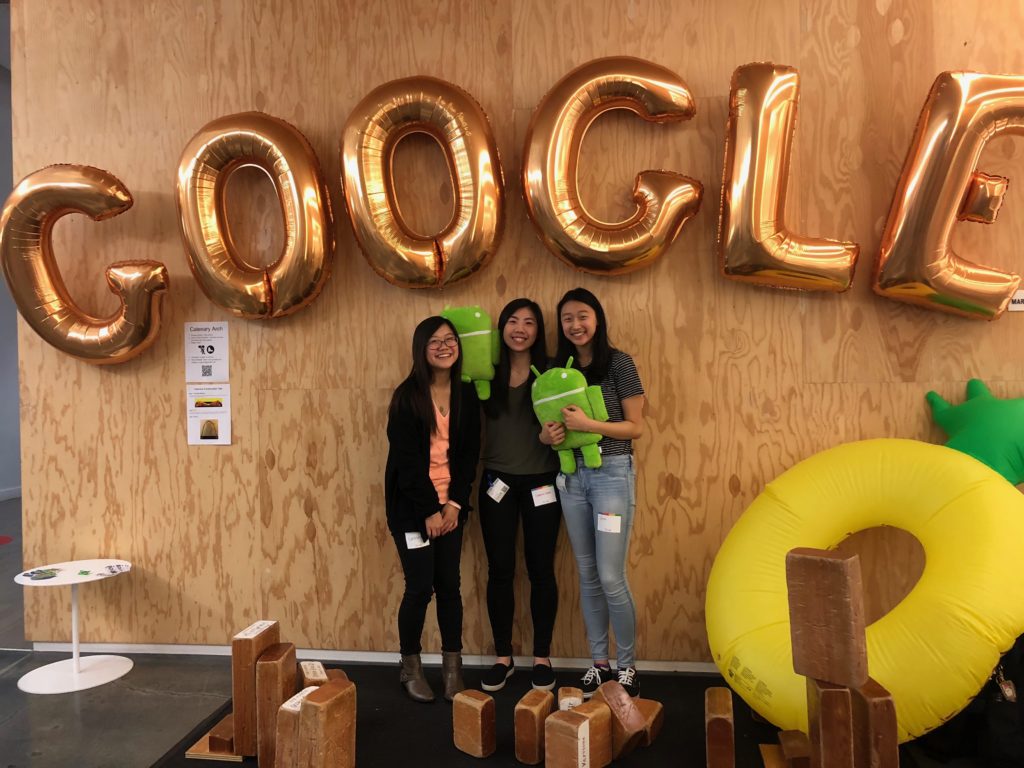
“You do realize you only got in because you were a girl, right?”
“Don’t worry, people are crazy about the whole girls in STEM thing. What do you have to worry about?”
“I bet getting internships would be so much easier if I was a girl.”
My journey with the women in tech movement did not start out smoothly. Although I knew firsthand the multiple difficulties women faced in the workforce, I still felt uneasy becoming involved in organizations focused on supporting women in tech.
I struggled to embrace the women in tech movement because I was afraid that whatever I earned would be given to me as a pity-fueled handout. Growing up, I prided myself on my grit and my ability to learn on my own. I considered myself extremely independent, and I blanched at the thought of gaining a single opportunity through anything other than my own merit. Upon entering high school, I avoided women in technology organizations, thinking with heavy doses of hubris that I could tackle the centuries-old barriers of gender discrimination on my own.
I was wrong. As I continued to learn computer science, I traversed each node of my journey refusing to acknowledge my gender as a contributing factor, whether positive or negative. After several offhand remarks regarding my gender and abilities, I realized the world wasn’t so blind to such qualities.
Having been born and raised in the Silicon Valley, the hub of technological innovation, I mistakenly believed myself immune to the horrible instances of gender discrimination that I read about in online news reports and statistics. Perhaps that was what frustrated me the most when my opinions continued to be ignored in my high school computer science classes by my male peers and every acceptance into a university engineering program was handwaved as “colleges wanting to have more females in engineering.”
Exhausted and overwhelmed, I vented to a friend on how my status a woman in computer science positioned me between a rock and a hard place. My accomplishments were diminished as token diversity initiatives or results of fortunately timed connections, and my attempts to ask for help were indicators of my failure to learn computer science. As I continued expressing my frustrations, my friend interjected, “I don’t get it. Males in computer science also get opportunities through connections and depend on other people. If you ask for help, that doesn’t mean you’re unable to learn. It just means you’re a normal person who needs help understanding difficult concepts.”
Her words brought me to an embarrassed silence, as I realized the ridiculousness of my behavior. Tearing down my unnecessary towers of pride, I tentatively stepped into the waters of the women in tech movement, starting by joining my school’s Society of Women Engineers chapter and joining the Rewriting the Code Fellowship.
Upon involving myself in women in tech organizations, I started reflecting on my own experiences as a woman in tech, in addition to learning about other women’s similar experiences. I learned to grow in ways and areas I thought that I’d never needed to develop before.
Most importantly, being a woman in tech has taught me a skill that I didn’t even know I needed to learn in the first place–it taught me how to be vulnerable. It taught me that it is not shameful to ask for help, whether it’s asking someone for help on a particularly difficult problem set or reaching out to someone for career advice. I learned the unnecessary toil of facing these problems alone, especially when I have hundreds of people who are willing to provide their support and opportunities.
Although I’m still in the middle of my journey, I’m immensely grateful for the people with whom we shared our stories together. Some of the people reading this article may be skeptical of considering gender an important aspect of their academic and professional identity. I urge them to not ignore their identities as women in computer science, but rather embrace the unique experiences that being a woman provides. The journey may be rough, but there are plenty of people willing to help you with open arms, so long as you accept their helping hands. Trust me, it’ll be a decision you won’t regret.
Erin Song, 2019 RTC Fellow
Rewriting the Code – Empowering College Women in Tech